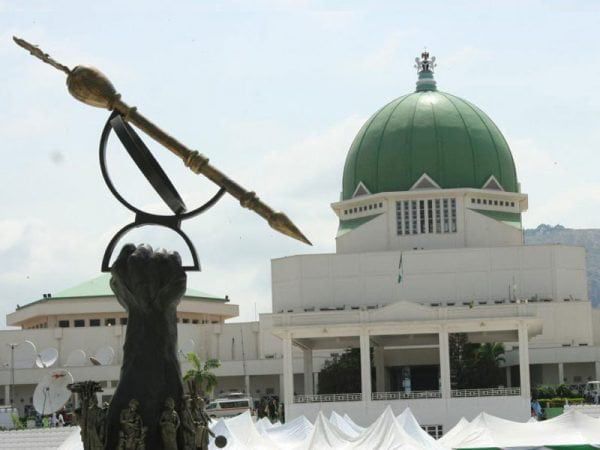Fury in Opposition Ranks as National Assembly Moves to Reschedule 2027 Elections
A new move by the National Assembly to shift the 2027 presidential and governorship elections to November 2026 has sparked mixed reactions among opposition parties.
While some critics see it as a ploy to prolong President Bola Tinubu’s tenure, others believe the adjustment could strengthen Nigeria’s electoral process if carefully executed.
The proposal, which forms part of planned amendments to the 2022 Electoral Act, aims to hold elections about six months earlier than usual to allow enough time for all pre- and post-election disputes to be resolved before the official May 29, 2027 handover date.
If approved, the next presidential and governorship polls would take place in November 2026, rather than in the traditional February or March period.
According to Section 4(7) of the proposed amendment, “elections into the office of the president and governor shall be conducted not later than 185 days before the end of the incumbent’s tenure.”
Similarly, Section 4(5) provides that legislative elections must be held “not later than 185 days before the dissolution of the National Assembly or state houses of assembly.”
Based on this timeline, counting 185 days backward from May 29, 2027, puts the proposed election window in mid-November 2026.
Lawmakers argue that this change will prevent situations where newly elected leaders are sworn in while their election outcomes remain in court.
The amendment follows an earlier push by lawmakers in July 2025 to hold all categories of elections; presidential, governorship, and legislative on the same day starting from 2027.
During a joint public hearing on Monday, House Committee on Electoral Matters Chairman, Adebayo Balogun, said the proposed shift would “ensure that all election-related litigations are concluded before swearing-in.”
Balogun explained that the review also seeks to shorten tribunal timelines, proposing that election petition tribunals deliver judgments within 90 days, while appellate and Supreme Court rulings take no longer than 60 and 35 days, respectively, all within the 185-day period.
The draft amendment also introduces early voting, allowing certain groups such as security personnel, electoral officials, accredited observers, journalists, and INEC ad hoc staff, to vote up to 14 days before the main election.
In addition, it makes electronic transmission of results mandatory, while allowing for manual collation as a backup. It also proposes that the use of permanent voter cards (PVCs) should no longer be compulsory, though non-compliance with transmission rules will attract penalties.
The Independent National Electoral Commission (INEC) has reportedly endorsed the idea, describing it as a move toward greater transparency and operational efficiency.
However, opposition parties remain divided. In an interview with The PUNCH on Monday, Timothy Osadolor, Deputy National Youth Leader of the Peoples Democratic Party (PDP), accused the lawmakers of using the amendment to “buy extra time” for the Tinubu administration.
He said, “The National Assembly should not be tampering with the Electoral Act in a way that appears to favour the current government. If the intent is to give President Tinubu more time before his exit, they should be honest about it.”

